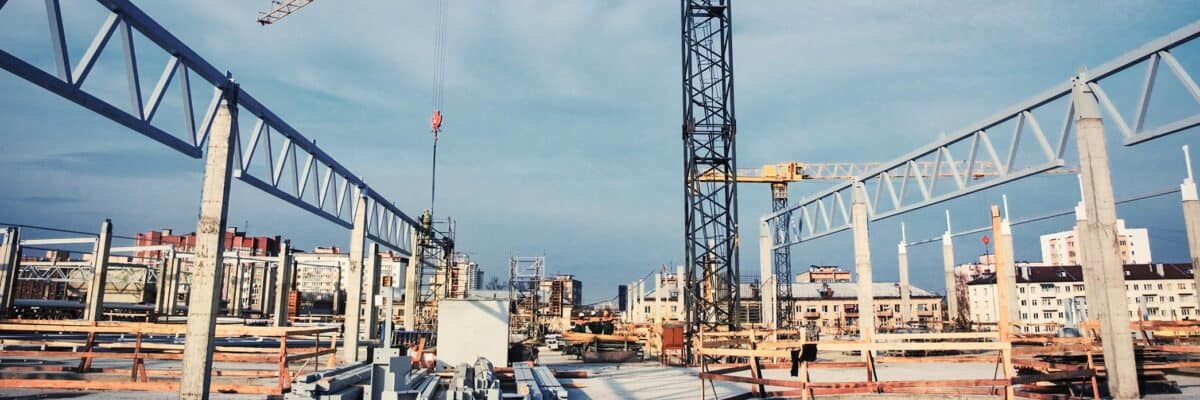
“A larger construction project almost operates like a company would, except that the lifecycle is shorter; in other words, each project is unique, in the true sense of the word,” according to Robert Farthmann, who is responsible for the field of Lean Construction with Staufen. “The demand on increasing the speed of improvements is therefore considerably higher. Knowledge transfer and the networking between various project members from different organizations has to be extremely fast.” The goal: A more lean organization within each project, as well as improved coordination between the individual companies and the trades, to help avoid long waiting times, superfluous transportation and unnecessary duplicate work or rework. Even if this sector is aware of the need for action, many construction sites doggedly stick to the old way of doing things. “Instead of focussing on customer needs, control and bossiness dominate and crews work against one another instead of with one another,” are the words Staufen Consultant Farthmann uses to describe the daily business. This extends to strenuous and expensive legal disputes where nobody wins, because quality suffers and the completion of the construction is usually delayed significantly.” This sector likes to refer to the incompatibility between partnership-based contracting models and the HOAI (Honorarordung für Architekten und Ingenieure – Regulation for Architects’ and Engineers’ Fees), known for its strict division in all phases of the project. The result: The German construction industry is losing connections, because, despite its high technical standards, collaboration does not work. However, there is ample evidence on the international stage that a project can be mastered as a team across several phases. Digital and lean management methods are almost common practice in the construction sector outside of Germany. Even the contract models are adapted accordingly, so that the success of the project is the focal point, and not individual interests. From integrated project management to partnership models with a joint risk buffer built into the project – many of these details have been successfully implemented in countries such as the USA or even Norway for some time now. It doesn’t matter if it’s lean management or digitalization – what is most important is to always have a functioning human network within the project and in the supporting corporate functions. Because if collaboration is running smoothly, methods can be quickly integrated and the information can be available just-in-time. “With BIM (Building Information Modeling), all relevant building data can and are currently being digitally modelled and geometrically visualized,” according to industry expert Farthmann. “It is important to synchronize this data along the entire lifecycle of a project and to make it accessible to all those involved.” Market leading companies are increasingly coming to the realization of how important this is. Under the guidance of Staufen AG, some of the industry leaders have started to train so-called disseminators, who work to convince their colleagues, both within the project and on the construction site, that team spirit, lean principles, binding commitments, digital tools and joint planning can significantly contribute towards success. Costs, deadlines and quality become transparent and thereby the team can have an impact on these factors, in the interests of the customer. “If the construction industry would like to apply the principles and methods of a stationary industry, they have to clear quite a hurdle,” admits Staufen consultant Farthmann. “The desire to live a cooperative culture has to be exemplified by company headquarters and the application of the methods has to be reproducible. Because in Germany, there are a great many projects where, as soon as the backhoe and the construction workers are gone, the acquired competencies and standards simply fizzle out.” BestPractice Day 2017: Europe’s leading Lean Management Congress The key focus of this year’s BestPractice Day, which will be taking place in Darmstadt from July 4 to 5, 2017, is change and how to successfully face change. Experience presentations by top executives who are actively and deliberately shaping the future of their businesses. With more than 350 participants annually, BestPractice Day has earned the distinction of being the place for decision-makers in the fields of industry and science to meet. More Information about the event: www.best-practice-day.com
Press release (.pdf) Press release (.rtf) Download the press images (.jpg)


